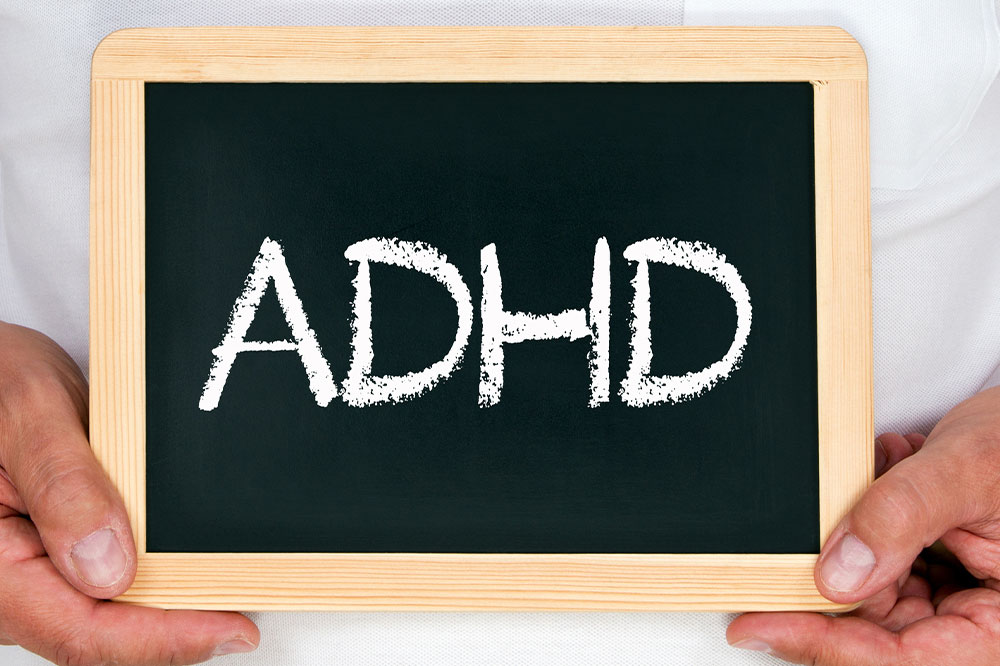Unlocking the Mental and Social Benefits of Video Gaming
Discover how engaging in video games can boost memory, enhance multitasking, develop problem-solving skills, and foster social connections. This comprehensive article explores the cognitive and social benefits of gaming, emphasizing its positive role in mental health and personal development. Perfect for gamers and non-gamers alike, learn how responsible gaming can be a powerful tool for boosting brain function and building social bonds in today’s digital society.

Unlocking the Mental and Social Benefits of Video Gaming
In today’s digital age, many seek effective ways to unwind while also stimulating their minds. Video games have often been viewed through a negative lens, but recent research highlights numerous cognitive and social advantages associated with gaming when approached responsibly. Engaging in video game play for a few hours can serve as a powerful tool for mental enhancement, social bonding, and even physical health. This comprehensive overview explores the various ways gaming contributes positively to mental agility, emotional resilience, social skills, and overall well-being, emphasizing that gaming can be both fun and beneficial.
Improving Memory and Cognitive Function
Recent scientific studies reveal that immersive 3D video games significantly boost memory capacity and cognitive performance. These games require players to remember complex environments, objectives, and strategies, which enhances neural pathways involved in memory retention.
Compared to traditional games, immersive 3D environments increase engagement and focus, further supporting cognitive development. For example, navigating through detailed virtual worlds demands spatial awareness and memory recall, which translate to improved real-world memory.
Game-based activities that involve mental challenges, such as puzzles, strategy games, or math-based tasks, serve as mental workout routines. Classic examples include Sudoku puzzles and brain training games like Maze King, Brain It On, and Flow Free. These activities not only keep the mind sharp but can also assist individuals who face cognitive challenges—such as those dealing with dyslexia, ADHD, or early stages of Alzheimer’s disease—by increasing attention spans and supporting neuroplasticity. Moreover, consistent gaming has been linked in studies to increased longevity and cognitive resilience in seniors suffering from cognitive decline.
Enhancing Multitasking and Decision-Making Skills
Many believe that action-packed video games promote mindless entertainment; however, titles such as Anthem, Monster Hunter, God of War, and Far Cry require players to juggle multiple tasks simultaneously. These games demand rapid decision-making, resource management, strategic planning, and maintaining situational awareness—all of which develop executive functioning skills.
Research indicates that adults between the ages of 20 and 60 who engage regularly in such games demonstrate significant improvements in multitasking, attention span, and reaction times within just six months. Interestingly, older gamers often outperform younger non-gamers in tasks requiring sustained focus, highlighting gaming’s potential to bolster cognitive flexibility across age groups.
Developing Problem-Solving and Critical Thinking Abilities
Video games frequently immerse players in complex scenarios requiring quick strategic decisions and adaptive thinking. These challenges train players to analyze situations swiftly and devise effective solutions, skills which are highly transferable to real-world contexts.
Playing by rules, planning strategies, and executing tactical moves in-game fosters a mindset of systematic problem-solving. This experience enhances skills like logical reasoning, resource allocation, and risk assessment, all valuable in professional settings and daily life decisions.
The coordination between visual, auditory, and motor responses in gaming sharpens processing speeds and hand-eye coordination, further strengthening cognitive functions such as focus, spatial awareness, and cognitive flexibility.
Building Social and Emotional Connections
While concerns about gaming leading to social withdrawal exist, the advent of online multiplayer games has revolutionized social interaction. Multiplayer platforms such as Fortnite, Call of Duty, and League of Legends facilitate real-time communication, teamwork, and social bonding across borders.
Participants often collaborate on complex strategies, develop leadership skills, and forge friendships that extend beyond the gaming environment. These interactions can help reduce feelings of depression and loneliness by creating a sense of community and belonging. Additionally, gaming fosters empathy and teamwork, skills that are vital in personal and professional relationships. Over time, the social interactions experienced in gaming can even enhance visual and cognitive skills, demonstrating that gaming can be a constructive outlet for social engagement.
In conclusion, when approached mindfully, playing video games offers numerous benefits—from sharpening cognitive functions to fostering social bonds. Recognizing the therapeutic and developmental potential of gaming helps dispel misconceptions and encourages a balanced view of this modern pastime as an enriching activity capable of improving mental health, social skills, and overall life satisfaction.





